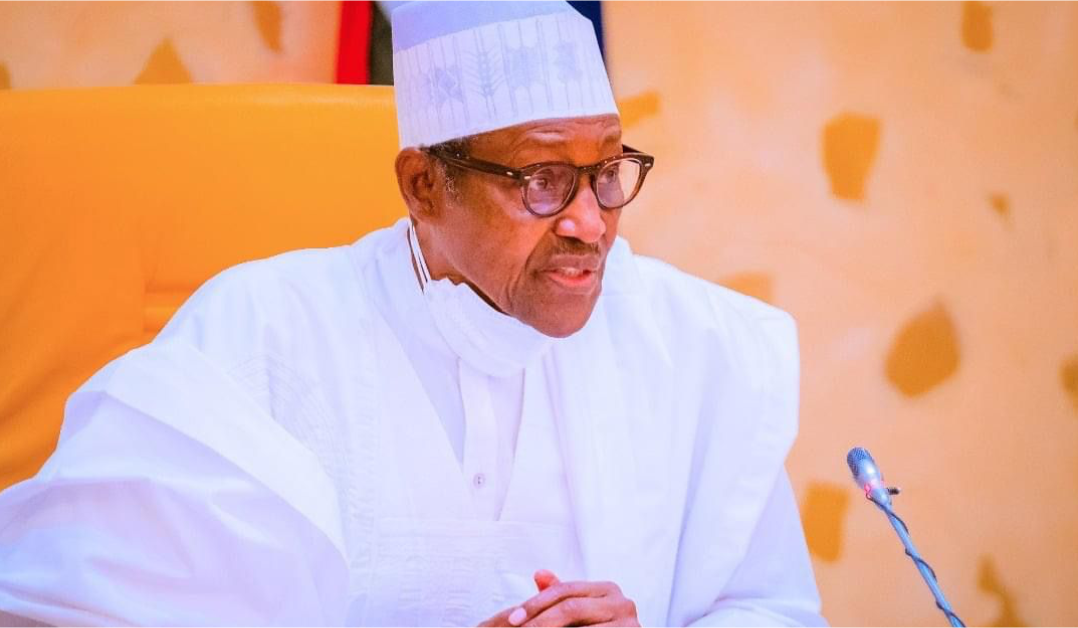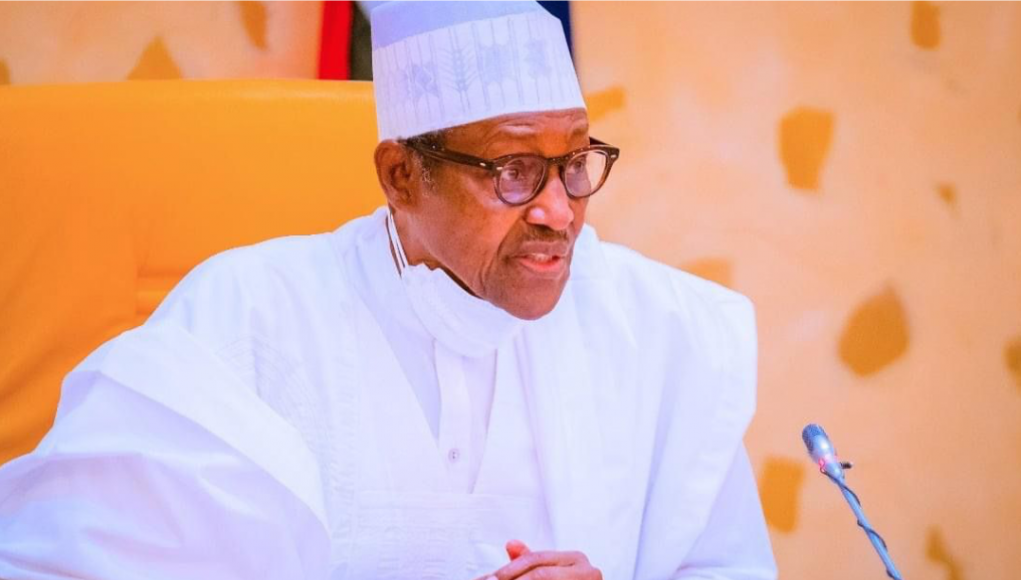
President Buhari has called on European leaders to support African Union measures to end unconstitutional leadership changes on the continent and punish coup plotters in Africa.
Mr Buhari was a former coup plotter and military dictator who overthrew a democratically-elected government in Nigeria in 1983. His dictatorship lasted until 1985 when another military coup displaced his regime.
“We also call for stronger support from the EU in the condemnation and imposition of weighty sanctions on countries that engage in unconstitutional change of governments. We equally seek the EU’s condemnation of manipulation of constitutions in favour of extension of term limits,” said Mr Buhari at a roundtable discussion on Peace, Security and Governance at the ongoing Sixth EU-AU summit in Brussels.
On Friday, the president’s media aide Garba Shehu stated that Mr Buhari described the European leaders as partners promoting democracy and good governance.
He stressed the need to nip the root causes of extremism, conflicts and tensions in Africa in the bud, Shehu stated.
“Africa has continued to witness different waves of violent extremism, community-based conflicts and inter-ethnic tensions, notably in rural areas. For many decades, our continent has been deprived of political stability and socio-economic development due to terrorism and violent extremism,” explained Mr Buhari.
He added, “More worrisome is the current state of democracy on the continent, which has become a great source of concern to many of us.”
Mr Shehu added that the Nigerian leader emphasised increasing cases of unconstitutional change of governments in West Africa.
“The African Union has often responded to these challenges through different structures such as the African Peace and Security Architecture and the African Governance Architecture,” added Mr Buhari. “Through enhanced collaboration with our development partners, especially the European Union, we can identify areas of cooperation for quick and substantial results.”
He argued that as leaders and policymakers, it was important for the partners to prioritise tackling the root causes of conflicts in Africa.
He said it was also important to safeguard peace and security if Africa would attain its African Union Agenda 2063.
According to him, it is imperative to ensure that election processes in Africa have outcomes that genuinely reflect the electorate’s wishes, as to go contrary to this is courting instability.
“We have a responsibility to reduce conflicts that stem from lack of good governance, unaccountability, corruption and social exclusion,” he pointed out. “Free, fair, credible and transparent elections remain crucial elements in ensuring peace and security and promoting constitutional order, democracy and inclusive governance on the continent.”
(NAN)


















































